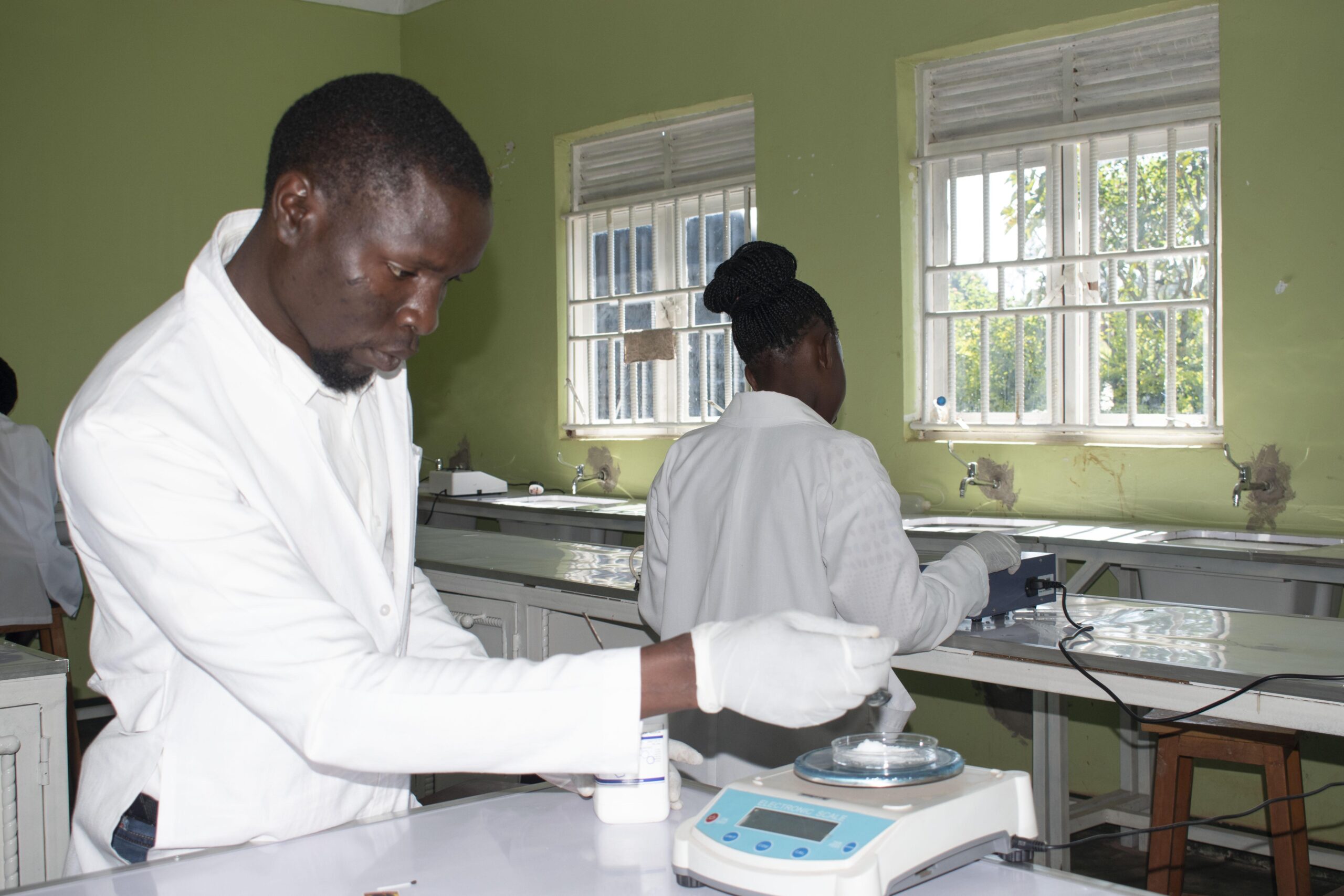5. Dip Medical Laboratory Technology

About Course
The Diploma in Medical Laboratory Technology (Dip MLT) program is designed to equip students with the necessary knowledge and skills to work in medical laboratories. It covers a wide range of topics including laboratory techniques, equipment operation, sample collection and handling, laboratory safety, quality control, and analysis of various types of specimens such as blood, urine, and tissues.
During the program, students receive theoretical instruction as well as practical training in laboratory settings. They learn about different laboratory tests and procedures used for diagnosing diseases, monitoring treatment effectiveness, and conducting research. Students also gain a thorough understanding of medical terminology, anatomy, and physiology to effectively interpret laboratory results.
The curriculum emphasizes the importance of accuracy, precision, and attention to detail in laboratory work. Students learn how to perform tests accurately, analyze results, and report findings to healthcare professionals. They also acquire skills in maintaining laboratory equipment, managing inventory, and ensuring compliance with safety protocols and ethical standards.
Upon completion of the Dip MLT program, graduates can pursue careers as medical laboratory technologists or technicians in various healthcare settings, including hospitals, clinics, research laboratories, and public health agencies. They play a vital role in supporting physicians and other healthcare professionals in diagnosing and treating patients by providing accurate and reliable laboratory test results.
Continuing education and professional development opportunities are available for individuals who wish to advance their careers in medical laboratory technology. This may include pursuing higher education in related fields, specializing in specific areas of laboratory science, or obtaining professional certifications.
In summary, the Diploma in Medical Laboratory Technology program prepares students for entry-level positions in medical laboratories, equipping them with the necessary knowledge and skills to contribute to the field of healthcare by conducting laboratory tests and assisting in disease diagnosis and monitoring.
Student Ratings & Reviews

